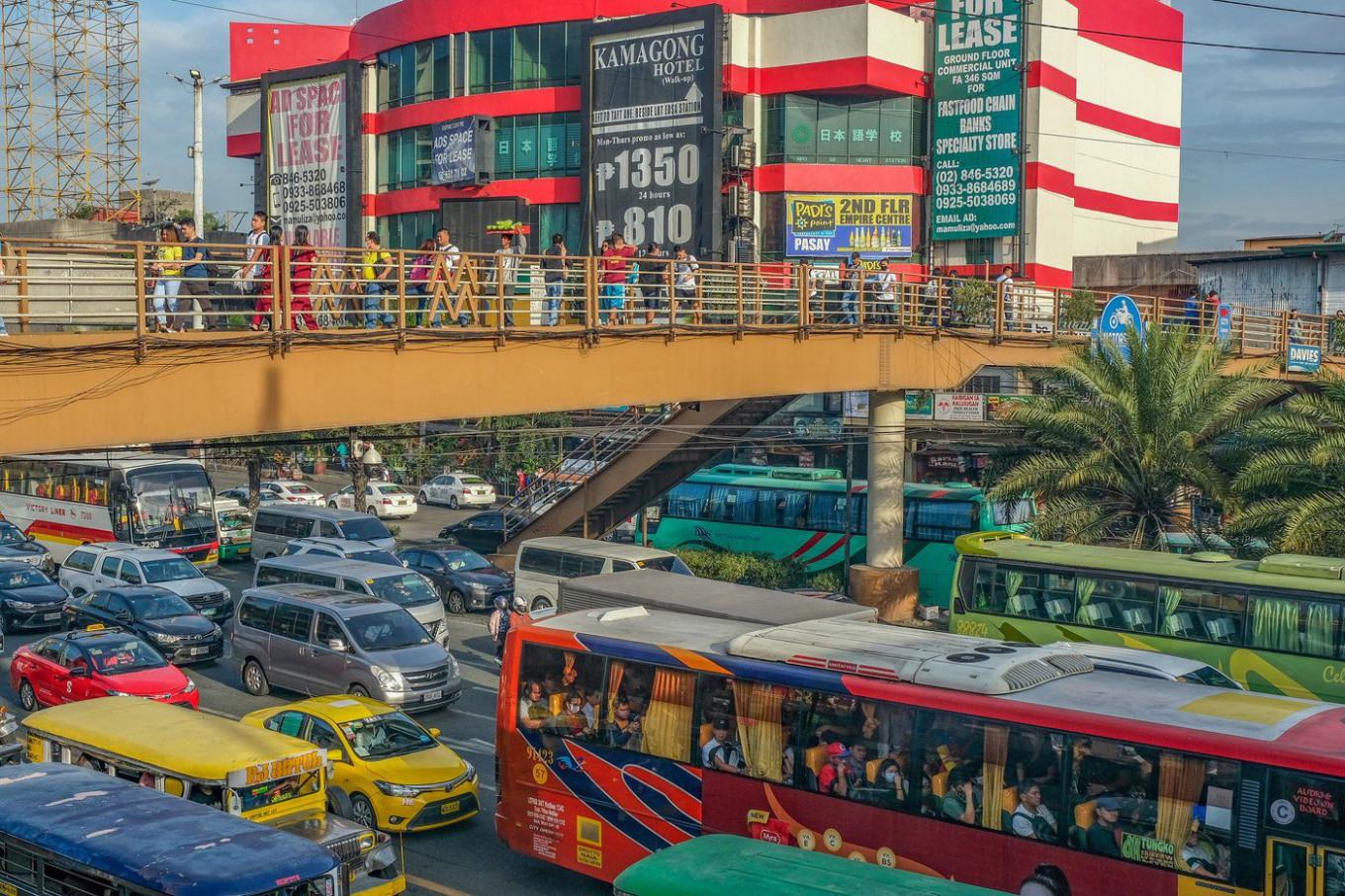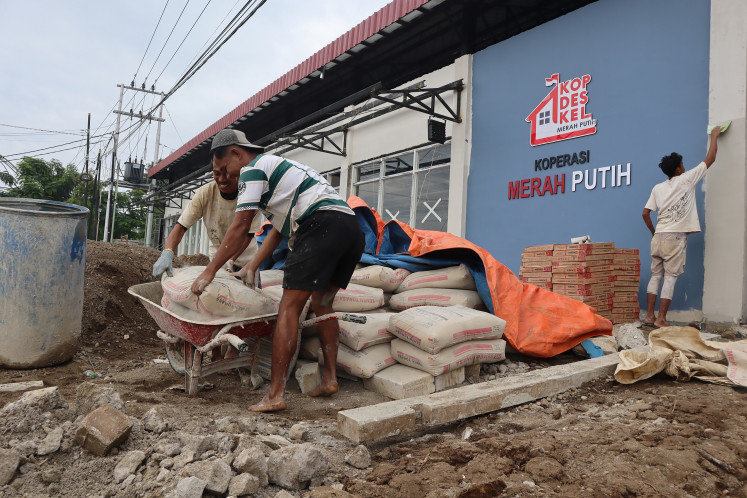Popular Reads
Top Results
Can't find what you're looking for?
View all search resultsPopular Reads
Top Results
Can't find what you're looking for?
View all search resultsBus lanes are efficient and bike lanes are fair – transport messages that work
Building acceptance for sustainable initiatives can be as simple as finding the right way to frame the problem.
Change text size
Gift Premium Articles
to Anyone
I
n 2022 we reached Earth Overshoot Day a little over halfway through the year. Overshoot Day marks the point where we have used up a year’s worth of the planet’s resources and are starting to live on borrowed time.
To dial down our resource use, humanity as a whole is being urged to behave more sustainably – and here sustainable transport is key. Sustainable-transport messages from governments and environmental groups need careful framing to cut through. In Manila, such framing built acceptance for new sustainable policies.
Often sustainable messages try to align with the values, goals, personality, motivation or beliefs of the target audience. Such an approach is supposed to heighten the messages’ persuasive power. But this assumes people will willingly transition to sustainability with no hesitation or resistance.
In reality, even the most well-meaning eco-warrior will struggle to make a smooth transition. Typically, any change involves a back and forth between competing logics. The argument for private vehicles (e.g. they are warm and dry) is pitched against the arguments for public and active transport (e.g. they are healthy and low emissions).
Recent research explored a different approach to persuasion by considering ‘rhetorical orientation’. This is the content or information that the speaker stresses and pays attention to.
More than 100 articles from online newspapers about transport in the Philippines were analysed to extract 2,500 text segments and determine the arguments of each segment. The researchers identified 11 arguments, or rhetorical orientations, for promoting (or impeding) sustainable travel: convenience, status, health, privacy, safety-security, economic, environmental, impact, justice-equity, geographical and problem-solution. The arguments were organised according to whether they were pro- or anti-sustainability.
In general, arguments of convenience, status, health, privacy and safety-security were more anti-sustainability. Economic, environmental, impact, justice-equity and geographical arguments generally pushed towards pro-sustainability.
This shows that when it comes to mobility, there are many different ways to look at the situation, and that they may be in conflict with each other.
How to make pro-environmental messages more persuasive is a major concern for many individuals, organisations and policymakers. Government organisations advocating for sustainability typically face resistance from existing systems and must fight to have their messaging taken seriously. Paying attention to rhetorical orientations could be a way to build legitimacy.
Because the arguments around convenience, status, health, privacy and safety-security tend not to promote sustainability, the results suggest that policy-makers must improve these aspects for active or public transport. It shows where the biggest concerns are for the travelling public and directs priorities for improvements.
If issues associated with convenience, status, health, privacy and safety-security are addressed it can make pro-sustainability messages legitimate and more persuasive.
During the COVID-19 pandemic, Philippines' Department of Transportation decided to dedicate lanes on the city’s main thoroughfare, ESDA, for the exclusive use of buses and bicycles to isolate them from mixed traffic. There was resistance: EDSA is notorious for gridlock, and assigning bus- and bicycle-only lanes meant taking lanes away from private vehicles.
But eventually, stories emerged on social media that tipped public opinion in favour of accepting the dedicated lanes. In the case of the bus lane, the discussion was the ‘impact’ rhetorical orientation: buses move more people and so they should be given priority in road space. For bicycles, the absence of protected bike lanes was framed as ‘social injustice’, so putting in protected lanes was considered an issue of equity.
Adopting an appropriate rhetorical orientation may help policies become more legitimate in the eyes of the public, rendering them more acceptable and credible, and promoting sustainable options.
---
Varsolo Sunio is an S&T Fellow affiliated with the Philippine Department of Science and Technology (Government) and the Chief Research Fellow of the Science Engineering and Management Research Institute of the University of Asia and the Pacific (Academe).
Robert Cortes is an assistant professor in the School of Communication of the University of Asia and the Pacific.
Originally published under Creative Commons by 360info™.











